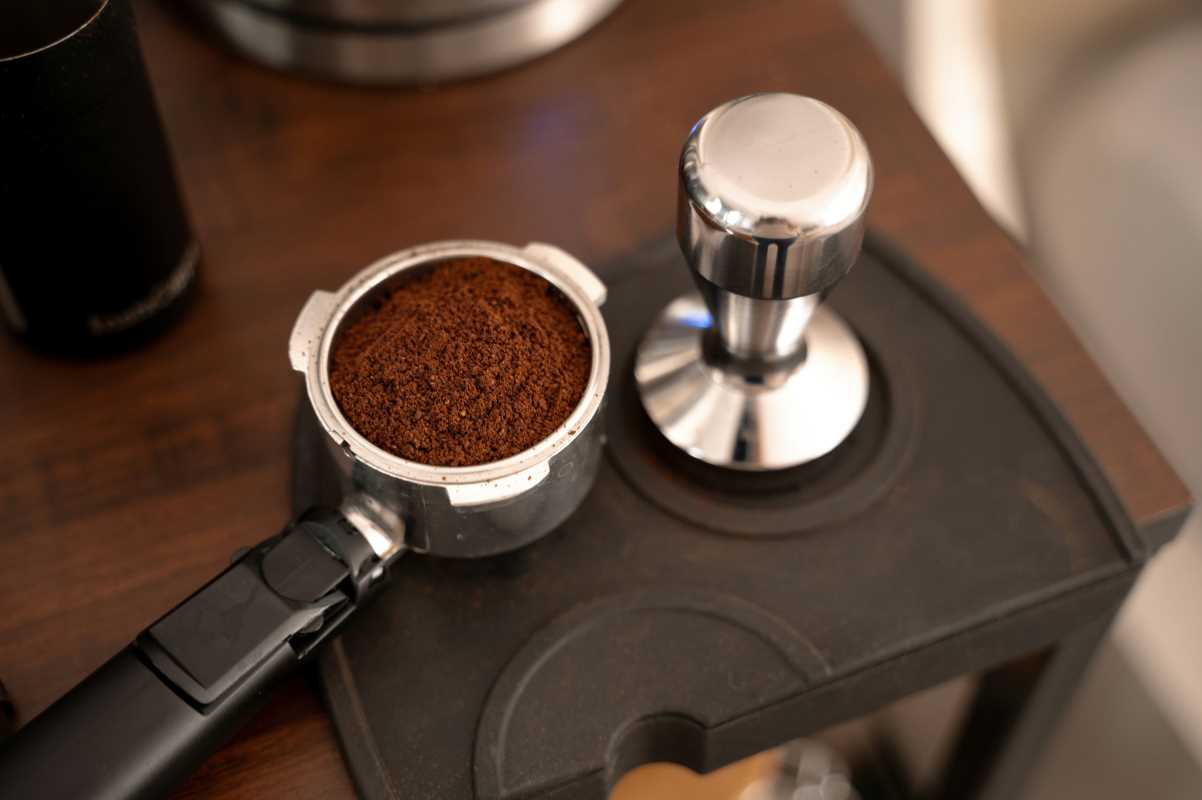When it comes to staying on track with a fitness or weight-loss plan, cheat meals are one of the most debated topics out there. Some people swear by them, claiming they keep cravings at bay and make healthy eating sustainable. Others see them as a slippery slope, leading to overindulgence and guilt. With all this back-and-forth, how are you supposed to know if cheat meals are a helpful reset button or an obstacle to your goals?
This guide will break down the truth about cheat meals, exploring their potential benefits, common pitfalls, and tips for making them work within your fitness plan. Whether you’re all about indulging strategically or hesitant to even consider breaking your routine, we’ll help you make an informed choice that aligns with your lifestyle.
What Are Cheat Meals?
A cheat meal is typically a planned indulgence that allows you to eat foods you might be restricting on your diet. Love burgers and fries, but your meal plan is all about lean proteins and leafy greens? A cheat meal might include that juicy cheeseburger guilt-free. It’s worth noting that cheat meals differ from “cheat days,” where you take an entire day to eat without restrictions. Cheat meals are more controlled, limiting indulgence to one specific time.
Proponents of cheat meals argue that they can make strict eating plans more manageable. By giving yourself permission to indulge occasionally, you may feel less deprived and more motivated to stay consistent in the long run. But how do they really affect your progress?
The Potential Benefits of Cheat Meals
1. Psychological Relief
One of the most significant perks of cheat meals is the mental break they offer. When you’ve been eating boiled chicken and steamed broccoli for what feels like eternity, that slice of pizza or bowl of ice cream can feel like a comforting reward.
For many people, dieting can feel restrictive, which increases cravings and risks burnout. A planned cheat meal can provide an outlet for indulgence that keeps you from snapping and devouring everything in sight.
2. Boosting Motivation
Having a cheat meal to look forward to can make sticking to a plan easier. It feels less like "never eating nachos again" and more like “enjoying nachos on Friday night.” This mindset shift can make dieting feel sustainable rather than overwhelming.
Think of cheat meals as a way to balance discipline with reward. Knowing you’ll indulge later often makes it easier to resist temptation when it arises during the week.
3. Possibly Boosting Metabolism
Some fitness enthusiasts claim that cheat meals, especially those rich in carbs and fats, can briefly boost metabolism. The science behind this revolves around a hormone called leptin, which regulates hunger and energy expenditure. A well-timed cheat meal could possibly help prevent metabolic slowdown by resetting leptin levels.
That said, while this theory has some backing, the metabolism boost from a single meal is usually pretty modest. The psychological benefits often outweigh the physiological ones.
The Drawbacks of Cheat Meals
1. Risk of Overindulgence
One cheat meal can easily turn into a cheat day or even a cheat weekend if you’re not careful. Without a plan, it’s easy to go overboard and consume far more calories than planned, potentially negating progress from the rest of the week.
A cheat meal is supposed to be a controlled treat, not an excuse to abandon your routine altogether.
2. Feelings of Guilt
For some people, indulging in a cheat meal can lead to intense feelings of guilt or shame. Instead of enjoying the meal as part of a balanced plan, you might dwell on it afterward, feeling like you’ve failed. This guilt can sometimes lead to unhealthy cycles of restriction and overeating.
Learning to detach emotion from food choices is key, but for people who struggle with this, cheat meals can sometimes do more harm than good.
3. Slower Results
While one cheat meal won’t derail your progress, a pattern of frequent or overly indulgent cheats could slow your weight-loss results. Consistency is critical when it comes to fitness goals, and cheat meals should enhance your sustainability without becoming a crutch or excuse.
Tips for Incorporating Cheat Meals Without Losing Progress
If you’re going to include cheat meals in your plan, it’s essential to do so in a way that fits your goals. Here are some tips to help you strike the right balance:
1. Plan Ahead
Cheat meals should be deliberate, not impulsive. Decide when you’ll have them and what you’ll eat, ensuring they’re integrated into your overall plan. This prevents cheats from becoming random binges and allows you to enjoy them guilt-free.
2. Monitor Portions
A cheat meal doesn’t have to mean an all-you-can-eat buffet. Be mindful of portions and try not to go overboard. For example, enjoy a burger and fries, but skip the supersized version.
3. Time It Strategically
Try scheduling cheat meals after a tough workout. Your body is primed to use calories for recovery at this time, which can mitigate any negative effects on your progress.
4. Opt for Quality Foods
If possible, choose indulgent meals that are still somewhat nutritious. Homemade options often strike a good balance between treating yourself and staying health-conscious. For instance, make a burger at home with lean beef and whole-grain buns.
5. Focus on Balance, Not Perfection
Instead of getting hung up on perfection, focus on the bigger picture. Cheat meals are just one part of a well-rounded diet. If you’ve been consistent most of the week, one indulgence isn’t going to erase all your progress.
6. Listen to Your Body
Pay attention to how cheat meals make you feel. If they leave you feeling sluggish or unmotivated, you might need to adjust portions or frequency. On the other hand, if they’re energizing and help you feel satisfied, they’re likely working for you.
Cheat Meals vs. Cheat Days
It’s worth highlighting the difference between cheat meals and cheat days. A cheat meal is a small blip on an otherwise healthy radar, while a cheat day can result in consuming thousands of extra calories. The latter can easily undo several days of effort, making it less effective for most people aiming for weight loss or fitness goals.
For this reason, most trainers and nutritionists recommend cheat meals over full cheat days. You’ll enjoy the same psychological and physical perks without derailing progress.
Are Cheat Meals Right for You?
Cheat meals are a tool, not a necessity. Whether they work for you depends on your personality, goals, and relationship with food. If they help you stay consistent and enjoy the process, they can be a great addition to your fitness plan. If they lead to overindulgence or guilt, however, you might be better off skipping them or finding alternative strategies to manage cravings.
 (Image via
(Image via





